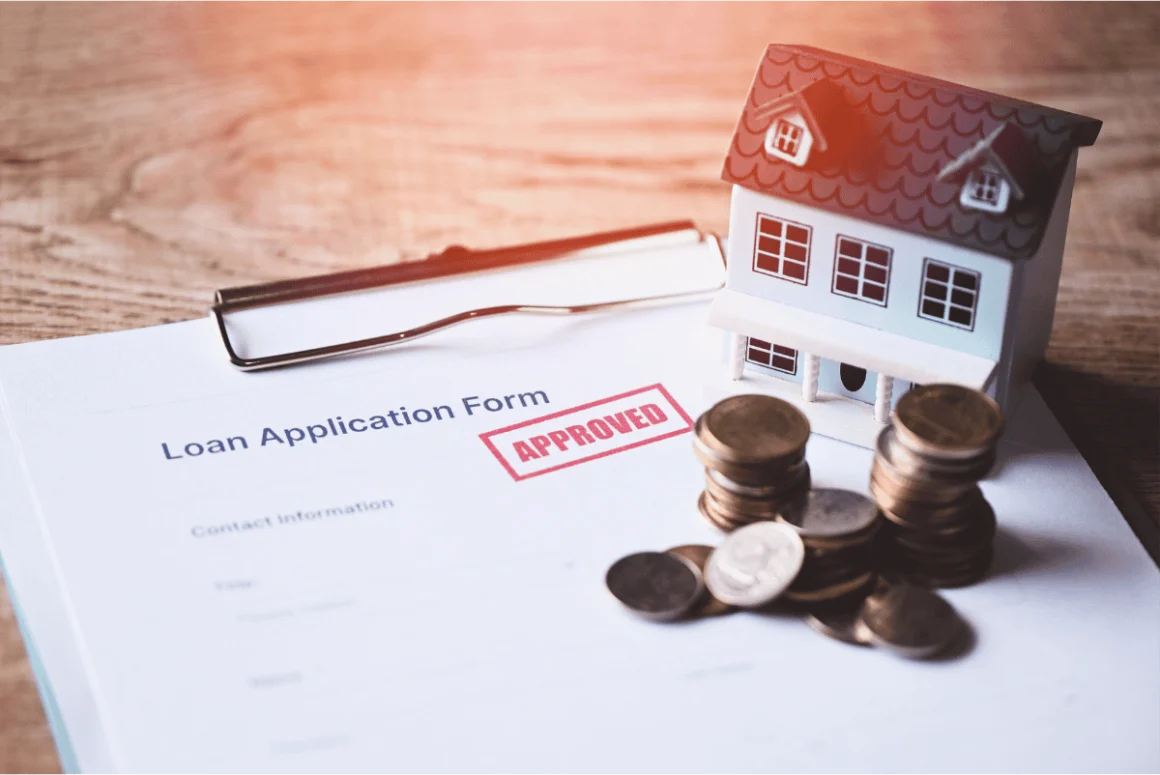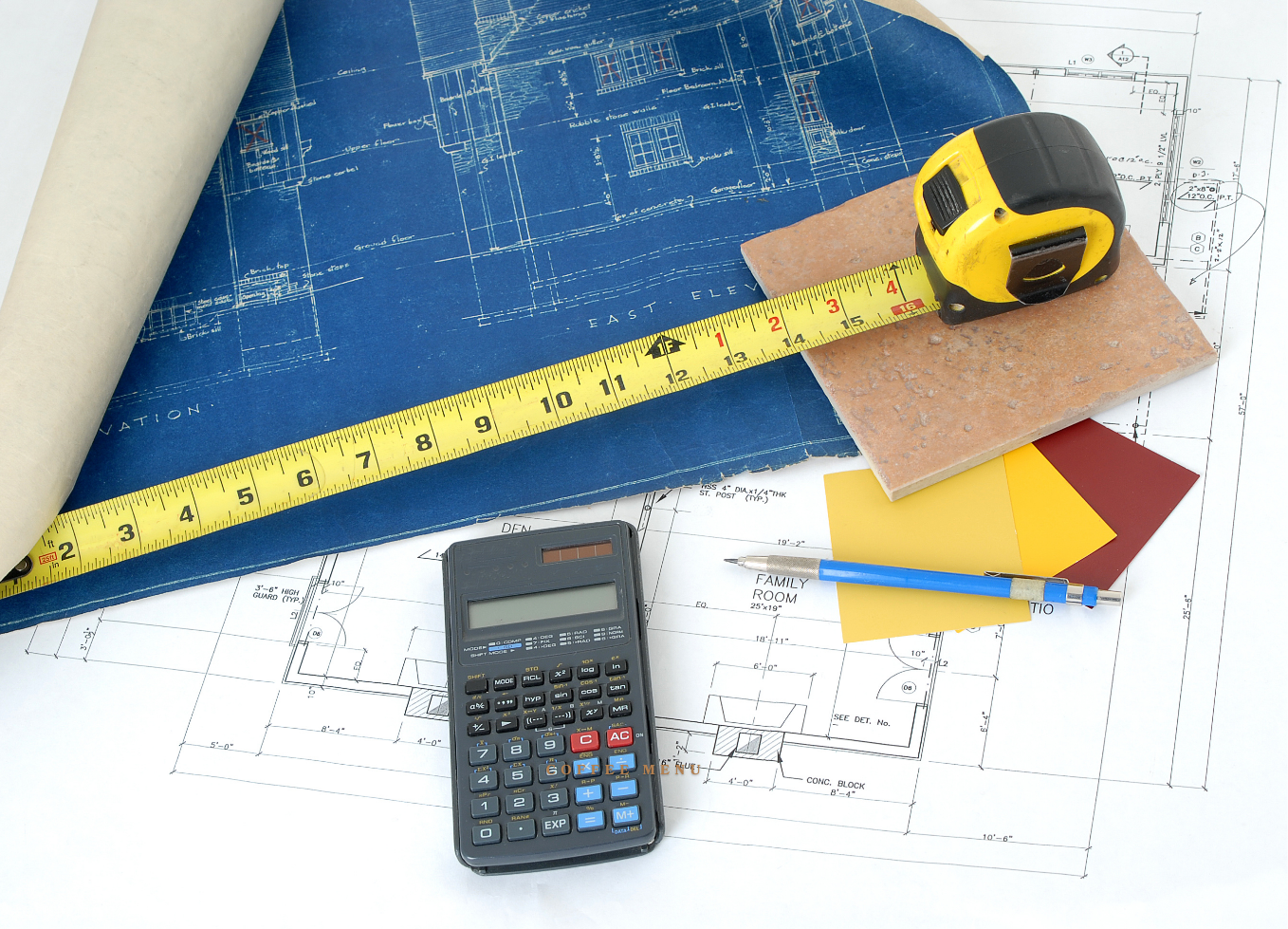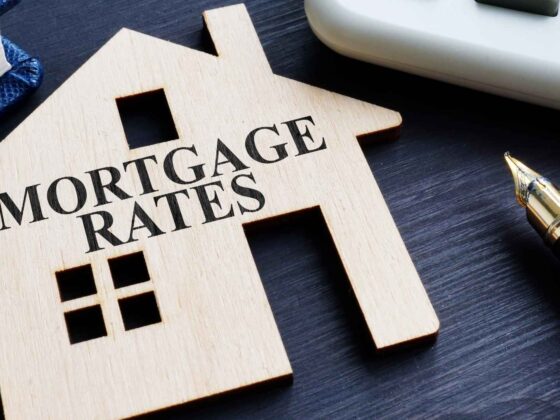Building your dream home from the ground up is both an exciting and complex process. One of the most challenging aspects can be managing your budget, which is where a construction loan estimator becomes invaluable. These tools can give you a clearer idea of the financial commitment involved and guide you in making informed decisions.
In this guide, we’ll explore how to use a construction loan estimator effectively, potential financial pitfalls to avoid, and when you might need the assistance of a tax professional.
Understanding Construction Loans and How Estimators Work
A construction loan is a short-term loan used to cover the costs of building a home or completing significant renovations. The loan is typically issued for a period during which the construction is taking place, and it’s converted into a permanent mortgage once the project is finished. The process involves multiple stages, each with unique financial considerations.
Using a construction loan estimator simplifies this process by breaking down costs such as:
- Materials and Labor: Estimators calculate the cost of building materials, contractor fees, and other labor expenses.
- Permits and Fees: You’ll also need to factor in local permits and any governmental fees, which can vary widely based on location.
- Interest Payments: Since construction loans often require interest-only payments during the build, the estimator provides an overview of these costs.
The accuracy of your estimation can greatly impact your project’s success, so be sure to input detailed and realistic data.
How a Construction Loan Estimator Benefits Your Project
Budget Planning
One of the most significant advantages is being able to create a comprehensive budget. This tool helps identify areas where you might overspend, allowing for adjustments before you break ground.
Loan Pre-Approval
Understanding your estimated costs can make the loan pre-approval process smoother. Lenders appreciate detailed budget forecasts, and having an estimator’s report can work in your favor.
Avoiding Surprises
Unexpected expenses are common in construction projects. With a well-researched estimate, you can allocate funds for contingencies, minimizing the risk of running out of money halfway through construction.
Potential Financial Pitfalls to Consider
Even with an accurate estimator, financial hurdles can still arise. Common issues include delays in construction, fluctuating material costs, or unexpected changes in project scope. One significant risk that homeowners often overlook is dealing with tax liens.
What Is a Tax Lien and How Does It Impact Your Project?
A tax lien is a claim by the government on your property due to unpaid taxes. If you have an unresolved tax lien, it could complicate your ability to secure a construction loan. Lenders are wary of loaning money for projects when there is a risk of government seizure. If you’re unsure of your tax situation, it’s wise to consult an NYC tax lawyer to assess any potential issues before applying for financing.
Steps to Protect Your Financial Investment
- Consult with a Financial Advisor: Before taking out a construction loan, discuss your project and finances with a professional. They can help identify risks and ensure that you have a feasible repayment plan.
- Check for Existing Tax Liens: Use public records to check if there are any liens against your property. If there are, work with a tax lien attorney to resolve them promptly. Ignoring a tax lien can lead to severe consequences, including property seizure, which could halt your construction plans indefinitely.
- Maintain a Contingency Fund: As a rule of thumb, set aside 10-15% of your total budget for unexpected costs. This buffer can keep your project on track even if unforeseen expenses arise.
Final Thoughts
A construction loan estimator is an invaluable tool that simplifies the home-building process by providing a clear picture of your financial needs. However, unforeseen challenges, like tax liens, can complicate matters. By taking the time to prepare thoroughly—consulting with professionals, understanding your financial obligations, and ensuring there are no legal encumbrances on your property—you set yourself up for success.
Building your dream home in New York should be a fulfilling experience, not a stressful one. So, use every resource available, from construction loan estimators to consulting tax attorneys in NYC to ensure your new property does not fall into a debt lien, everything is needed to turn your vision into reality without financial or legal setbacks.




